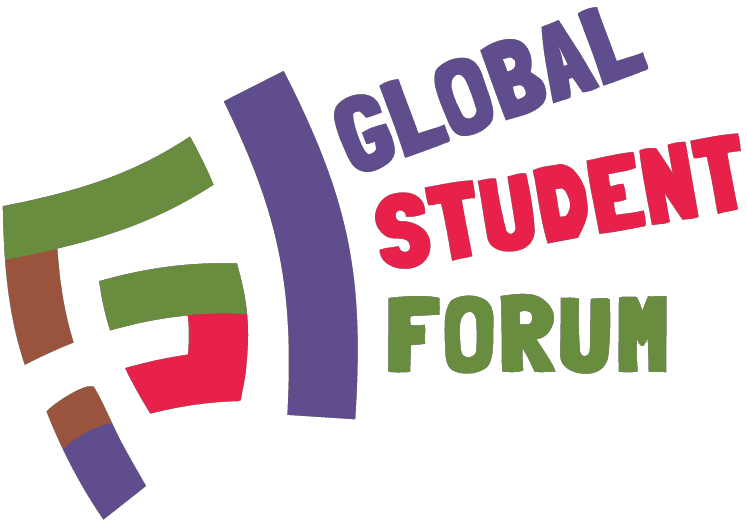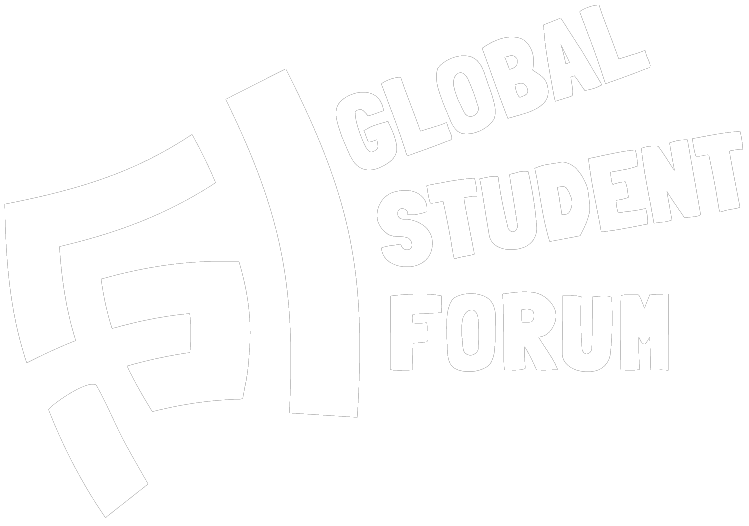Education and Academia Stakeholder Group
HLPF 2022 SIDE EVENT
5th of July 2022 13:00 PM NYT
The right to education and lifelong learning: the new normality in a broken world
Registration link: https://bit.ly/EASGHLPF2022SideEvent
Conveners: Education and Academia Stakeholder Group: Global Student Forum, Global Campaign for Education, International Council for Adult Education, Government of Argentina.
BACKGROUND
The entire Sustainable Development Agenda and specifically SDG4 implementation should radically engage in critical realities faced by the world and the impact of emergencies on education particularly on marginalised groups. Sustainable recovery requires a focus on schools and other educational institutions in creating lifelong learning opportunities at every age. EASG strongly argues for actions built upon inclusive and equitable quality learning that should be adapted to the specific needs of those affected during emergencies. Governments and relevant stakeholders should identify interventions that support education policies that strengthen education continuity and protect education in times of war, climate change, and health pandemics.
The COVID-19 pandemic has created the most severe disruption to global education systems in history, forcing more than 1.6 billion learners in over 190 countries out of school at the peak of the crisis. Under COVID-19, most countries have opted for various forms of distance education using the Internet, television, or radio, and many students were subjected to online or virtual educational processes, without having the preparation for it, and another huge group was simply excluded from learning, lacking connectivity, technological devices and/or electricity.
The impact of war and conflict in contexts such as Myanmar, Ukraine invasion, Iran, DRC, and Afghanistan has exposed students and teachers to access to education and the continued exclusion of girls in Afghanistan is a human rights violation in emergency contexts. Fundamental institutional changes to revive these lifeless educational systems that are dominated by the presence of military forces should be condemned and schools must be spaces of safety and learning.
New methods of learning during times of crisis and the COVID-19 were adopted however these options such as digital education were not accessible and inclusive to all learners. This has caused a further division and inequality that depended on a child learner having the resources, support, and technology to continue to learn. The United Nations contends that Education is a human right, and it is the government’s obligation to realise those rights upon available resources, middle and lower-income public schools were excluded from the participation of digital education due to the limited capacity and financing support to rollout e-learning.
All sectors and levels of education and learning were negatively affected: formal and non-formal education, schools, universities, community learning centres, adult literacy courses, etc. Not only learners – teachers, parents, and family members were affected too. This impact was felt most dramatically in emergency contexts where education has been disrupted by armed conflicts, forced displacement, climate-change-induced disasters, and protracted crises.
This analysis and lesson learned to serve not only the recovery from the pandemic and building resiliencies in the future but can also support the active shaping of a ‘new normal’ and keeping the light on education.
PURPOSE AND OBJECTIVE
The side event focuses on the enabling potential of the right to education and how SDG4 acts as a lever for the entire sustainable development agenda.
The event is planned for its participants to share public policy suggestions and recommendations, not only to mitigate the effect of the pandemic and any crisis-related context that threatens education but mainly to identify the interventions that governments should take to protect education for all in emergency contexts.
The interaction between SDG4 and the other sustainable development goals is the pragmatic basis of the dialogue that this side event will promote.
POTENTIAL CONTRIBUTION TO THE FORUM
- Shedding a spotlight to the experiences and challenges of students and teachers in emergency contexts.
- Identifying interventions and policy recommendations that governments should take to promote recovery in the education sector post-COVID-19.
- How to keep the light on Education: The role of civil society and activists in education to continue promoting and prioritising education as an SDG-4 Human Right.
- The event will gather experts from academia, civil society activists, youth and students, teachers, and government officials to discuss the trends, gaps, and main features from the perspective of vulnerable populations and human rights standards.
- The event will also address the education financing during the COVID-19 crisis and provide examples of successful action from the government’s side.


